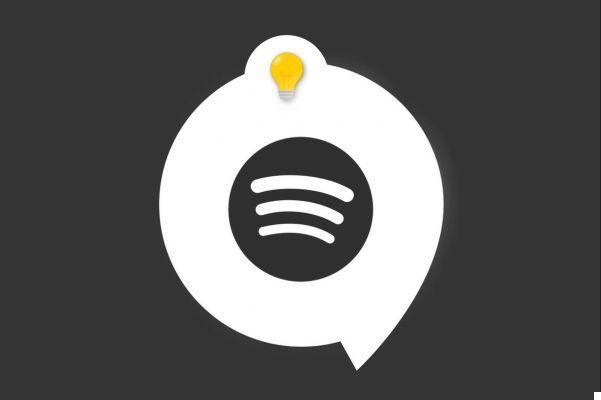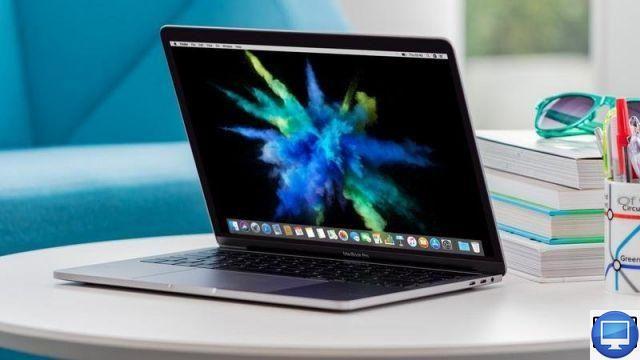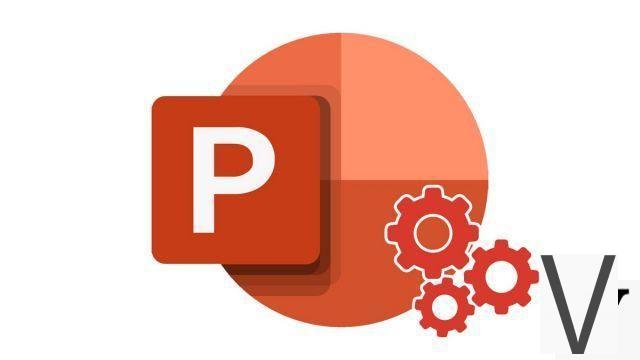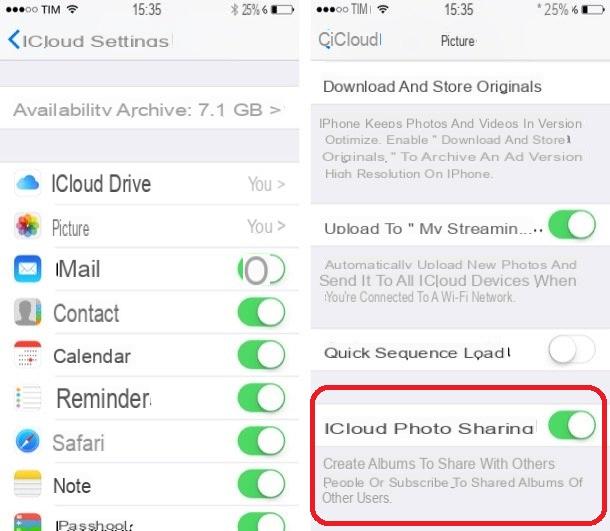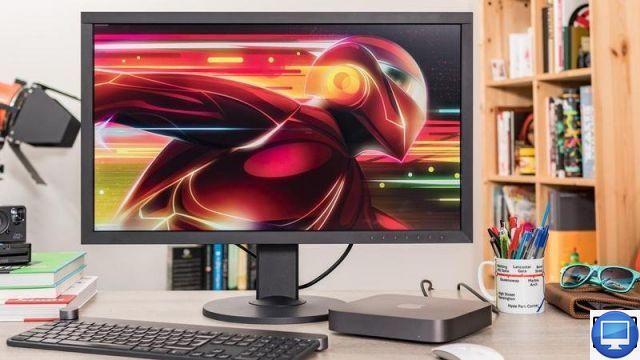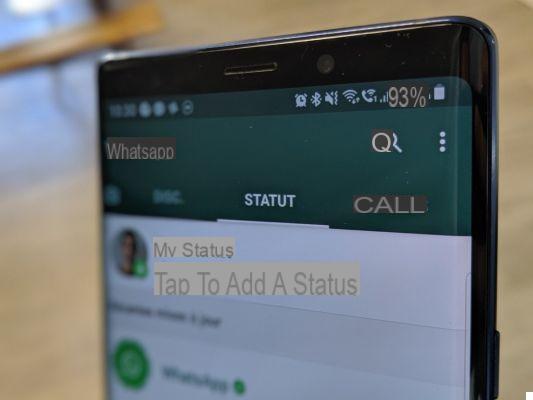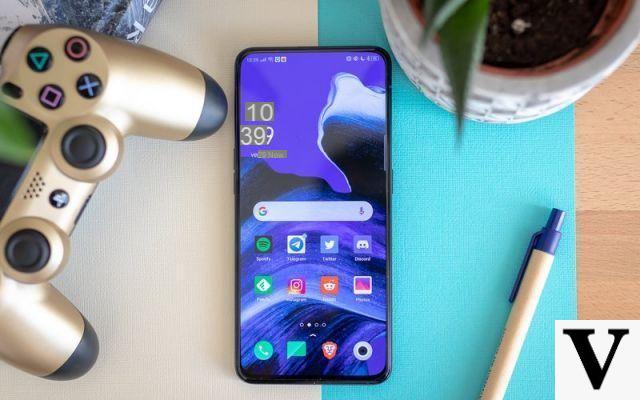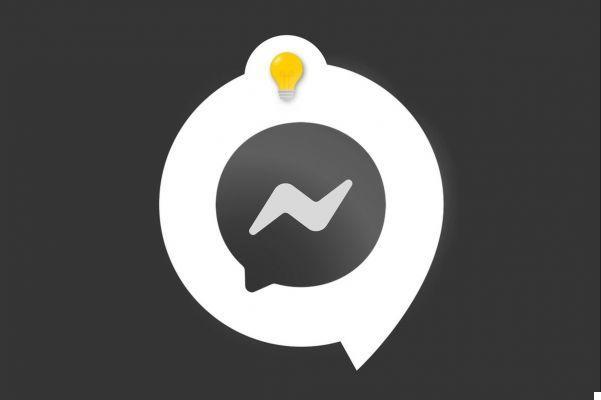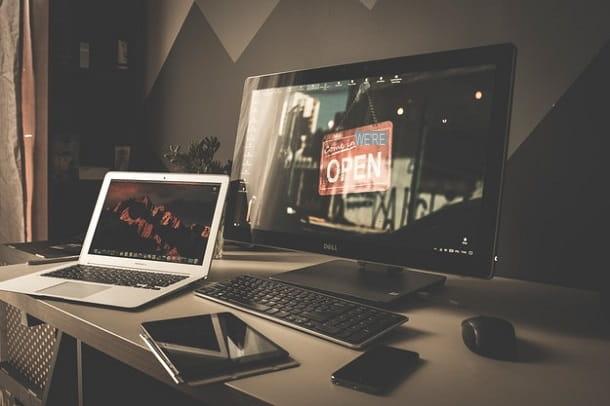
Today, it is very common to install an antivirus on your computer and even more and more on your smartphone. Corn do you need to install an antivirus on his touch pad? A question whose answer is not always easy or obvious to everyone.
Antivirus on a tablet, what for?
A tablet is an electronic device connected to the Internet. Like any connected object, it can potentially be reached by malicious people, regardless of the operating system used. Many people own this type of device, so it makes it a prime target for hackers.
It is obvious that a tablet does not, at the outset, particularly need an antivirus. However, we see more and more applications containing malicious code appearing and being downloaded by millions of users. It is therefore becoming more and more judicious, even essential, to install an antivirus today.
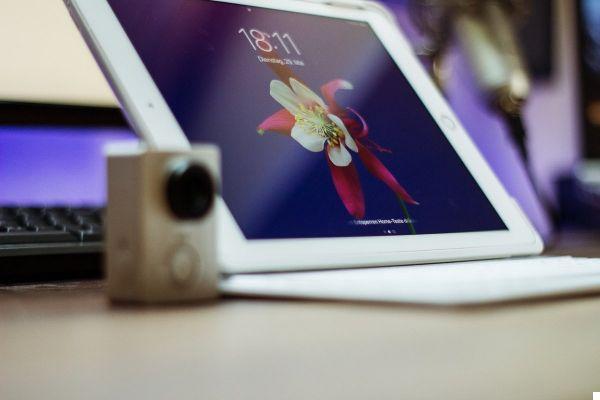
Viruses can impact you in several ways: unwanted advertising, theft of your data, blocking of applications or even by slowing down the tablet. In any case, as soon as you have any doubts, do not hesitate to launch an antivirus scan. Cybersecurity is an important topic that is not limited to just these dangers. Moreover, paid antiviruses offer even more advanced features that will also allow you to protect yourself against the theft of your tablet, or even phishing.
Antivirus on a Windows tablet: the question does not arise
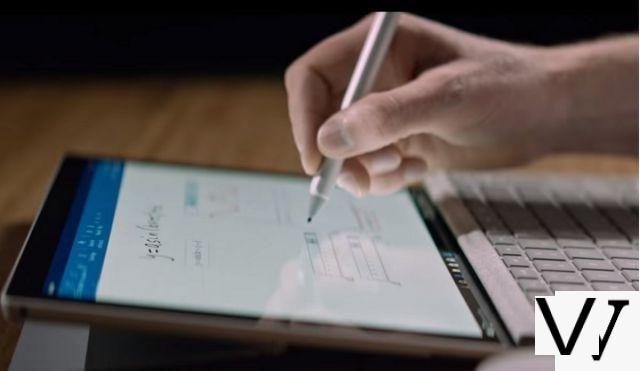
Windows is one of the most widely used operating systems in the world. The latter is available on many tablets, which makes it a prime target for hackers! To believe that owning a Windows tablet automatically protects you against threats is therefore false. You will not be more immune to viruses than if it were a computer. The threats are indeed more or less the same as for a PC.
The big advantage of a tablet running Windows 10 is that, in most cases, you will be able to install completely standard antiviruses. Choose solutions that are rather light, this is important! We know that some tablets are not very powerful, so this criterion must be taken into account. It is still important to specify that since Windows 10, Microsoft has integrated additional security. By default, an antivirus which wants to be already effective is present. It's not always enough, but it's a good start. It is also very important not to push back Windows updates that contain security patches.
You have an iPad, is an antivirus necessary?
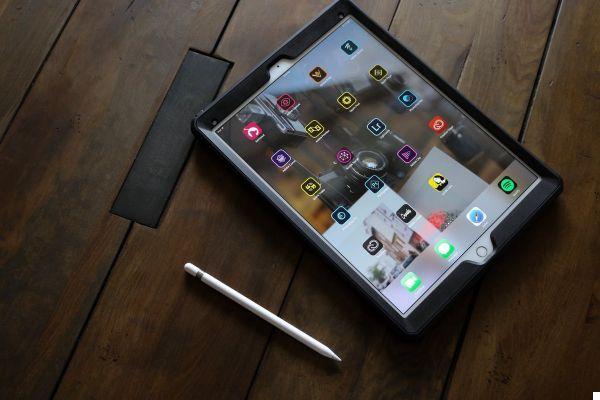
iOS is a bit of a special operating system for several reasons. First, the applications are run in a "sandbox". It is a siled environment that prevents applications from accessing other sensitive parts of the operating system, or even other applications. This then limits the risk of infection.
Then, there is no real antivirus application on iOS as we can know them on an Android tablet. For iPads, it is therefore not possible to have an antivirus permanently activated in the background and attentive to possible threats. Ditto, impossible to launch a scan on all the files on your tablet.
On the Appstore, Apple prohibits publishing real antiviruses as we know them. When we talk about Antivirus on iOS, it is not really software of this type. These are more services that will offer you additional security during your navigation. This can take the form of a VPN or a secure web browser for example.
So when you install apps that claim to be antivirus from the App Store, be careful. Most of the time, these are only applications that offer either more or less functional services, or “security” which is not really one.
No antivirus on iOS, therefore means that the threats do not exist?
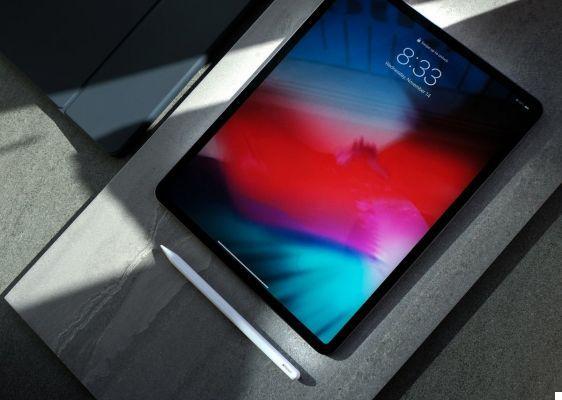
This is precisely where it poses a problem. If Apple does not want to have an antivirus on its App Store, iOS is nonetheless likely to contain vulnerabilities. These can then be exploited by hackers to steal your information or data. As a general rule, as soon as a flaw is detected, Apple offers an update to its operating system very quickly to ensure that the problem is corrected. It is also the strong point of the brand: software monitoring. It is therefore essential, if you have an iPad (regardless of the range), to carry out updates when they are offered to you. This is important to benefit from new features, but especially security patches.
In addition, we are seeing more and more alternative stores appear on iOS. They are called "iOS Helper" and allow you to install unofficial applications on your device. By going through a company certificate, you can then install more or less anything you want. Be careful, if these alternative application stores are becoming more and more famous, they are also sometimes dangerous. You then install without any verification from Apple, applications on your device without really knowing what they are doing. We clearly do not recommend it to you.
Threats on iOS are therefore not directly linked to viruses, but to other possibilities of intrusion. This could also concern, for example, the possible recovery of your data when you are connected to a public Wi-Fi network without the protection of a VPN which encrypts this data. Remember also that regardless of the platform: iOS or Android, you will then be subjected in the same way to phishing links that you may receive by e-mail. In this case, it is especially up to you to be vigilant and to verify that the message is genuine before clicking on the link.
Is an Android tablet more at risk than another device?

In Android, although the system is more open than iOS, we must recognize that viruses do not represent, in the minds of users, a risk to the same level as they could be on our computers.
There are several things you should pay attention to if you suspect that your device has been infected. An attack could very well take the form of slowing down your tablet, or you could, for example, find that applications were installed without your knowledge. A much faster discharge of your tablet can possibly also put you in the ears. It is indeed possible that some applications consume battery in the background without you noticing. A virus can also take the form of pop-up ads on your tablet.
Fortunately, there are many ways to limit your exposure to viruses on Android. On the one hand, if you go through the Google Play Store to install your applications, you greatly reduce the risk of virus infection on your Android tablet. Indeed, when a developer submits an application to Google, it is analyzed before being made available to users.
On the other hand, do not forget either, when buying an Android tablet, to favor a manufacturer who has the habit of following his devices for several months or years. It is indeed important to have regular updates that will correct security vulnerabilities.
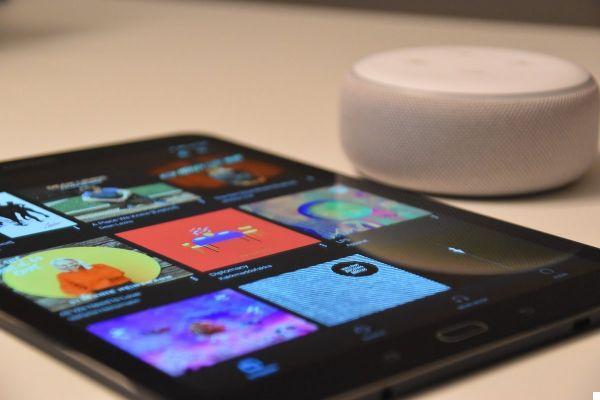
In all fairness, however, it remains true that an Android tablet is more subject to a risk of malicious attack than on iOS. However, a few safety rules are enough for you to reduce this risk to almost nothing. Installing a good antivirus does not cost anything on Android. Most are free and quite effective. They are suitable for your smartphones and of course for your tablets. In a securing process, this allows you to reduce the risk a bit more. They can even run in the background on your device and detect any new threats in real time.
As you will have understood, whether on an Android or Windows tablet, an antivirus is strongly recommended. You can then easily launch a scan to detect possible threats and remove them. Regarding iOS, even if there is no antivirus as we can know them on other operating systems, we must nevertheless be vigilant.
For further :
- What is a virus and how does it work?
- Do you have to install an antivirus on a smartphone?
- Do I need to install an antivirus on my iPhone?
- Which Android antivirus should you choose?
- How to uninstall an antivirus?
- Should I use an online antivirus?
- Surprise (no): Google intends to appeal the fine imposed by the CNIL




